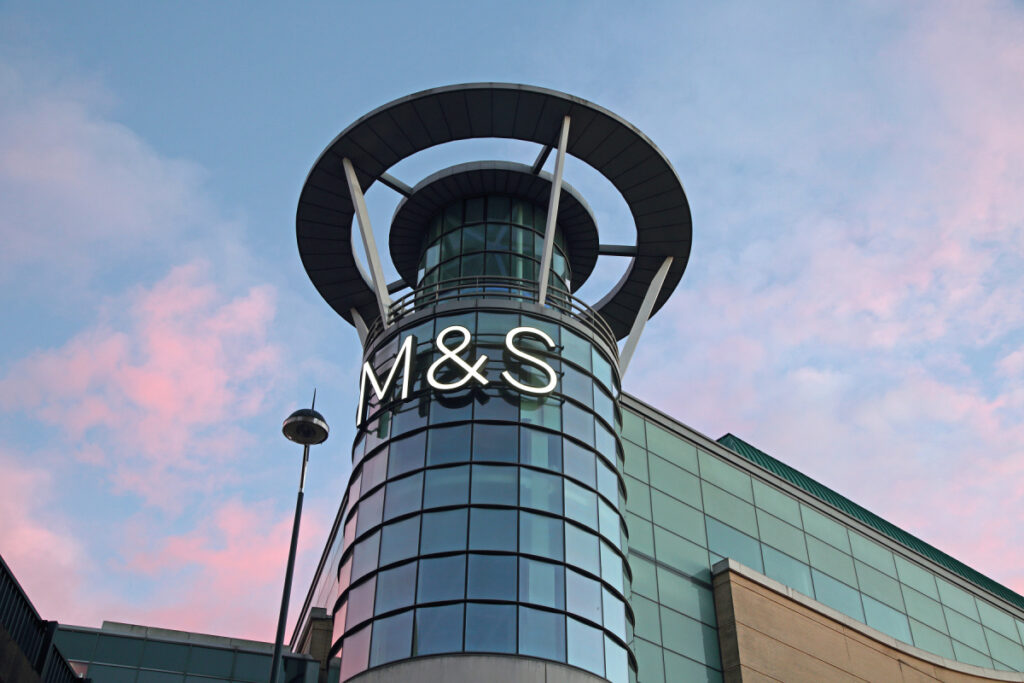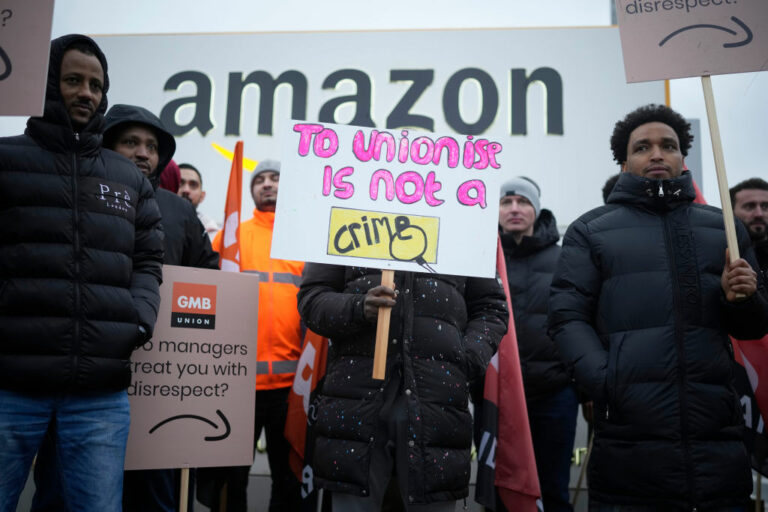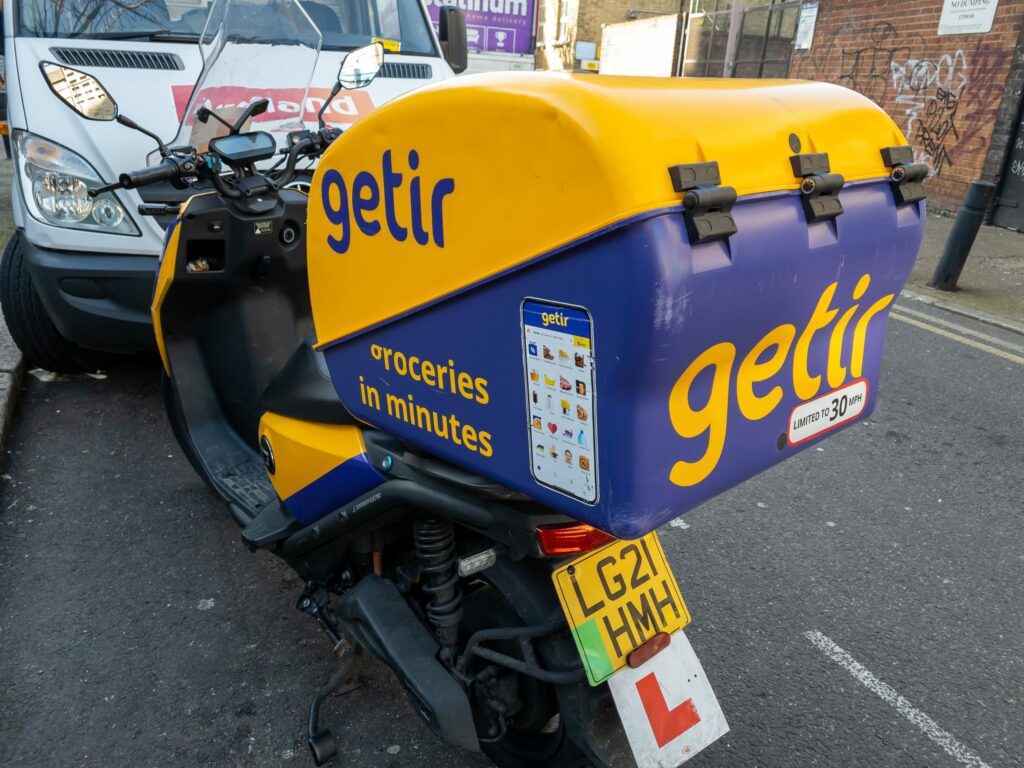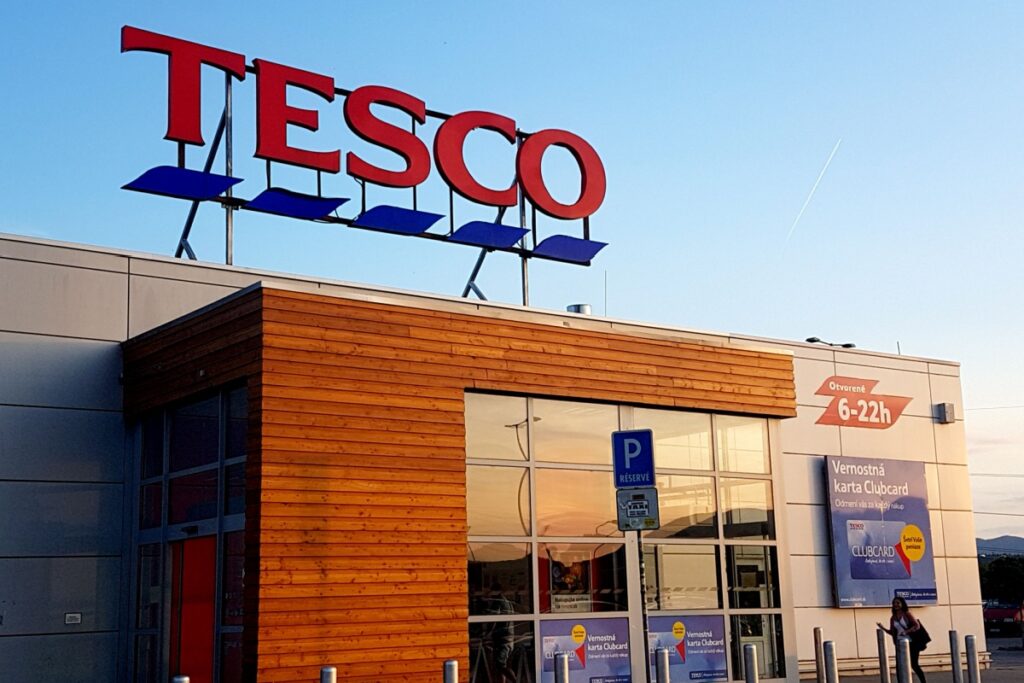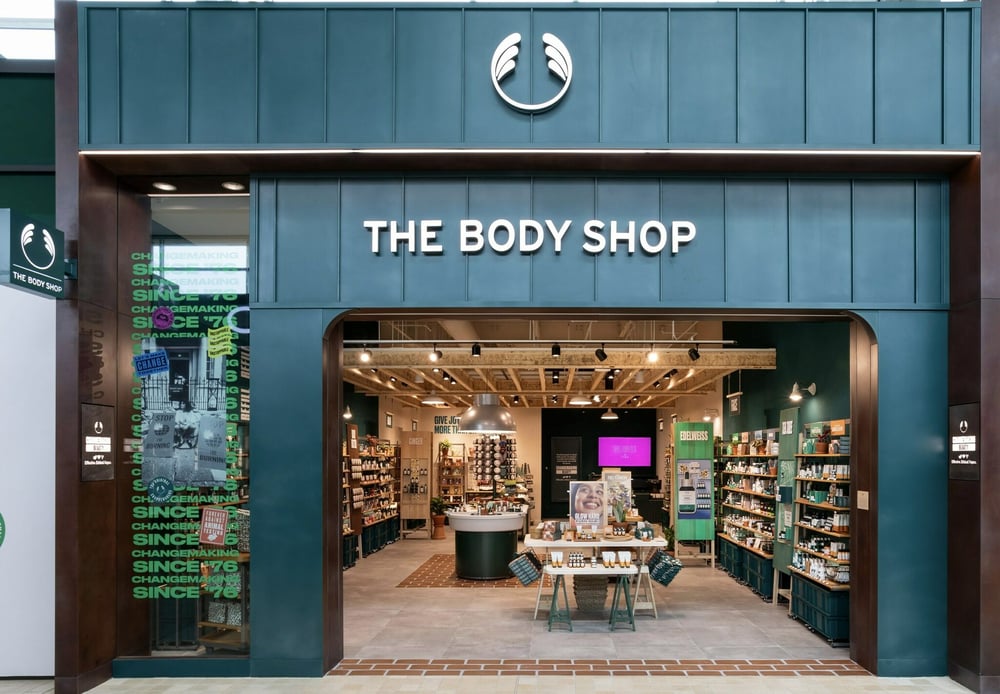We‘ve already reached the halfway point for 2014 and in the fast changing world of online retail these last six months have seen the growth of the online retail sector continue apace as the economy recovers strongly. This, combined with a comment a colleague made during this year‘s IMRG Capgemini eRetail Sales Index breakfast roundtable, started me thinking about how the UK compares to the rest of the world when it comes to e-retail.
It might be useful to point out that the UK has the world‘s most developed online retail market according to a ranking by commercial real estate company Cushman & Wakefield. We‘re followed by the United States, Germany and then France. Analysis of the recent IMRG Capgemini eRetail Sales Index shows that around 15 per cent of all UK retail sales were conducted online.
I believe that you can attribute this to the UK‘s position as the ‘Goldilocks‘ of e-tailing nations occupying a sweet spot where favourable conditions have propelled us to the top of the league.
Let me explain why. Firstly, a substantial part of the e-retailing success story is down to the strength of our broadband infrastructure, specifically, its national reach which at over 74 per cent of all UK households lays the essential foundations for building capacity to drive e-retail demand. In terms of speed, we follow a ‘not too fast, not too slow‘ approach. Whilst other countries are considerably faster when it comes to network speeds (read South Korea and Japan) what we do have is just right for the heavy lifting that e-retailing demands.
Likewise, the UK‘s extensive take-up of 3G and now 4G, the fastest growth in Europe, is another driver of sector growth. Whilst there had been on-going issues with 3G bandwidth capacity, the 4G networks have occupied that crucial middle ground where they‘re fast enough to meet the demands of customers.
Nevertheless, it‘s important to stress the broadband and 4G infrastructure only partly explains the UK‘s dominance in online retail – after all, we‘re only ranked 9th in the OECD‘s 2013 report on broadband penetration.
The ubiquity of easy-to-use smart phones and affordable tablets have made it extraordinarily easy to log on and shop in a few short clicks. The recent IMRG Capgemini Quarterly Benchmarking report shows 48 per cent of visits to e-retail websites are now via smartphones and tablets, with mobile sales accounting for 34 per cent of UK e-retail sales. Even when we‘re on our iPhones, we‘re still thinking about shopping.
Geographically speaking, Britain is also the perfect size amongst advanced countries for e-retail. We‘re small and nimble enough to adapt and experiment with new technology and initiatives to keep up with evolving customer expectations. The success of click and collect initiatives have thrived on the ability of retailers and delivery companies to reach destinations in good time – a much tougher obstacle if we were twice or three times the size we are. Yet, we‘re also large enough in terms of population size for economies of scale to work for things like home delivery, driving down costs in the process.
There are also cultural factors at play that might explain the edge the UK enjoys. We are indeed a nation of shoppers but more than this, to borrow a phrase, we are ‘a nation of shopkeepers‘.
It‘s this obsession with shopping from a supply and demand perspective that has allowed a customer service driven and forward-thinking can-do culture to flourish and drive innovation in e-retail thinking. British retailers were the first to recognise and embrace e-commerce technology as a means to supporting their traditional businesses rather than seeing it as a threat (British outlets were the first to offer advances in the multi-channel shopping experience). This year has seen some exciting examples of innovation such the expansion of the Collect+ network into a click-and-collect hub i




